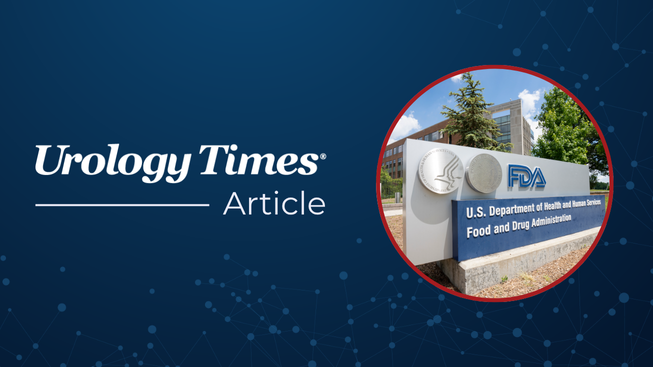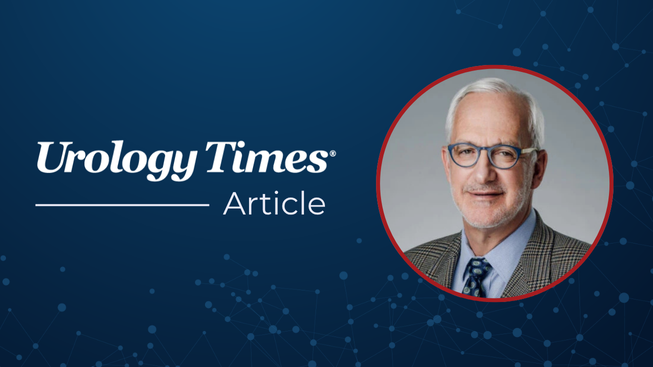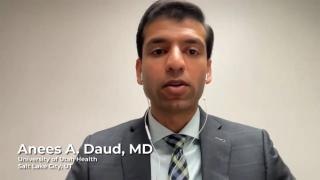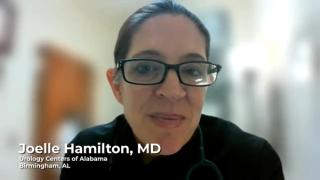
Prostate Cancer
Latest News
Video Series

Latest Videos
Podcasts
CME Content
More News

Alice Bernard-Tessier, MD, highlights preliminary results from a phase 1 trial of gedatolisib plus darolutamide in mCRPC.
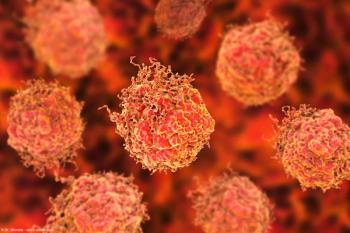
"I think MRI has really been perhaps the most transformative development in the realm of prostate cancer screening since I came into the field," says Stacy Loeb, MD, MSc, PhD (Hon.

"It's been a very exciting time for the radioligand space," says J. Travis Mendel, MD.

The rectal spacer showed sustained preservation of bowel, urinary, and sexual quality of life through 4 years of follow-up.

Panelists emphasized that the decision between doublet and triplet therapy must be individualized.

A major focus of the discussion was the growing role of darolutamide (Nubeqa) in the management of mCSPC.
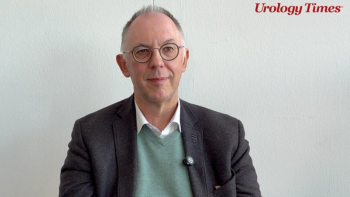
Bertrand Tombal, MD, PhD, shares insights from the real-world REASSURE trial.
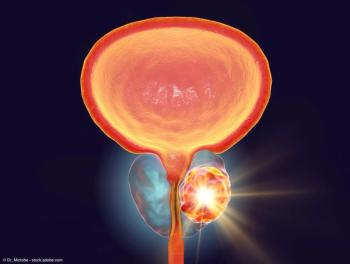
The phase 3 PSMAddition trial assessed the combination of 177Lu-PSMA-617 plus ADT/ARPI in an earlier stage of metastatic prostate cancer.
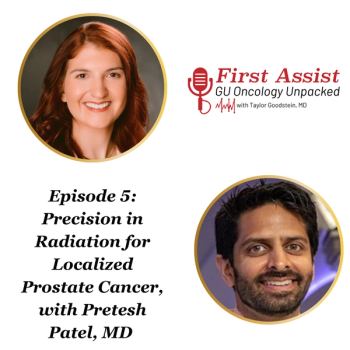
Taylor Goodstein, MD, and Pretesh Patel, MD, explore how image guidance and adaptive radiation planning have revolutionized precision, even allowing real-time treatment plan adjustments.
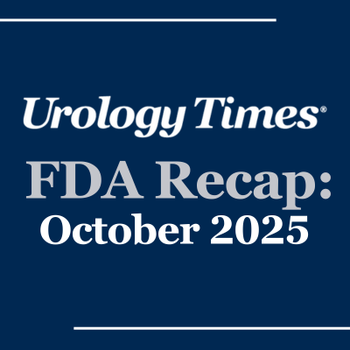
A recap of the FDA submissions and regulatory decisions in urology from October 2025.
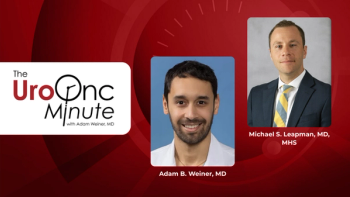
In this episode, Adam Weiner, MD, and Michael Leapman, MD, discuss the current state of active surveillance for intermediate-risk prostate cancer.
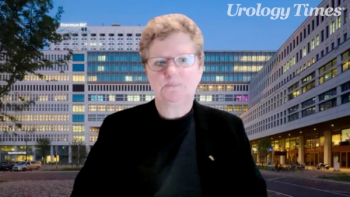
Monique Roobol, PhD, MSc, noted that approximately half of the 30% higher incidence of prostate cancer in the screened arm represents overdiagnosis, primarily of low-risk cancers.

The key finding was that men who received rectal spacers had a 50% lower risk of biochemical failure.
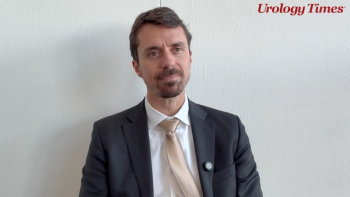
Pedro C. Barata, MD, MSc, FACP, outlines ARANOTE findings stratified by age subgroups.

Louise K. Kostos, MBBS, FRACP, PhD candidate, outlines initial findings from the phase 1/2 AlphaBet trial.

Initial data on pasritamig showed that the agent was well tolerated and had encouraging preliminary antitumor activity in patients with mCRPC.


The mean baseline FACT-G total score for the niraparib group was 79.7 (standard deviation [SD], 14.9) and was 79.3 (SD, 15.2) for the placebo group.

Jeremie Calais, MD, PhD, shares key findings from the phase 2 LUNAR trial, assessing the safety and efficacy of adding 177Lu-PSMA therapy before SBRT in omHSPC.

“Overall, the combination of saruparib plus an ARPI was well tolerated," Arun Azad, PhD, MBBS.

"The primary end point was met, showing a statistically significant rPFS benefit with the combination of capivasertib and abiraterone," said Karim Fizazi, MD, PhD.
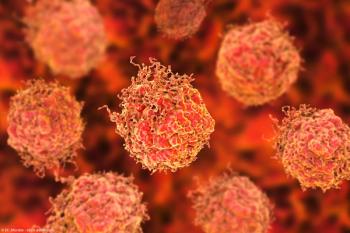
Stephen J. Freedland, MD, reported that with combination enzalutamide/leuprolide, the risk of death was 40.3% lower vs leuprolide alone.

Stephen J. Freedland, MD, shares 'unprecedented' overall survival data from the phase 3 EMBARK trial.

The grade 3-5 AE rate was 78.9% (95% CI, 70.8-85.6) in the 75 mg/m2 arm vs 61.2% (95% CI, 51.9-69.9) in the 50 mg/m2 arm (P =.0024).

The new CPT code will be effective starting on July 1, 2026.


